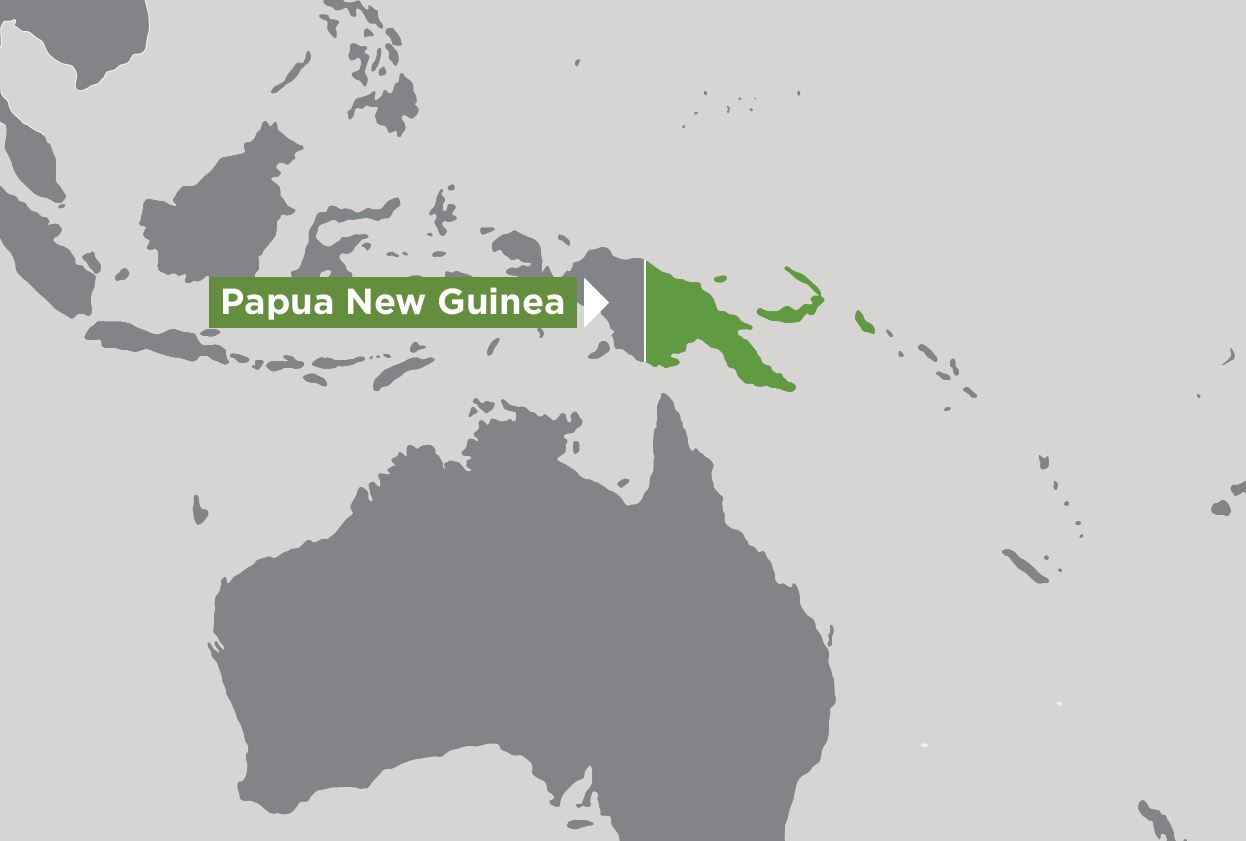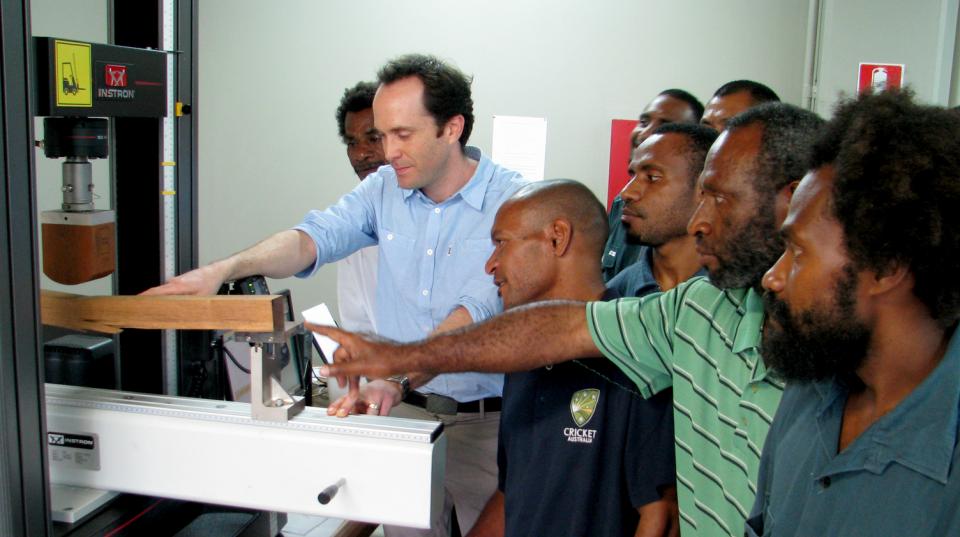Overview
Value-added wood processing methods using forest resources have been created through this ACIAR project in Papua New Guinea (PNG). Opportunities for economic growth, employment, and increased value-added processing of harvested logs, will greatly improve national and local markets.
More than 60% of PNG’s total land mass is forested and owned by traditional landowners. Closed forest in PNG covers 29 million ha, of which 10 million ha have been allocated by the PNG Government under timber permits for commercial development.
Using forest resources to identify, test and evaluate value-added systems will increase the capacity of government, institutional support bodies, industry partners and landowners to implement appropriate policies, strategies and practices.
The country’s forestry sector has moved from a small domestic processing industry in the 1950s to a large log export-oriented industry under the 1979 National Forest Policy, which emphasised the maximum use of forest resources for economic development.
A database on PNG timbers will be published to benefit landowners, the research community and industry.
Project outcomes
- Economic benefits associated with employment in the market economy.
- Maximising the returns from processed forest products to PNG and communities through market-related value-adding, improved recovery, product development and availability of affordable high-quality products for local people.
- Environmental benefits associated with the promotion of the sustainable use and local processing of both natural and plantation forest resources.
- Social benefits, combined with economic benefits, associated with increased employment opportunities, increased capacity to participate in financial structures and equitable participation by landowners.
- Facilitating infrastructure development in rural and urban areas specified under timber permit and timber authority authorities.






